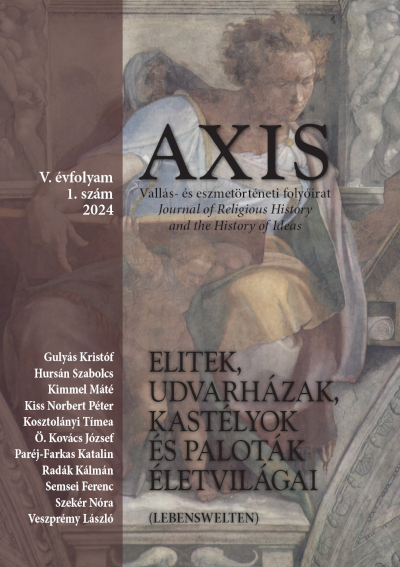Attitudes and Experiences of the Social Care of the Comital Károlyi Family in the Village of Fót (1920–1949)
Published 2024
How to Cite

This work is licensed under a Creative Commons Attribution 4.0 International License.
Abstract
The purpose of this study is to describe the attitudes towards and experiences of social contact between the comital Károlyi family and the inhabitants of Fót, focusing mainly on care for mothers and children and the housing shortage. As the holder of Fót, the Károlyi family — especially Countess Franciska Apponyi, wife of László Károlyi — founded and supported many social institutions. Although it was difficult to change the long-established traditions of childcare, the patronage system, day-care centre and regular, personal contact of the “social workers” with families, all helped these families deal with difficult conditions. Moreover, thanks to this support system, the infant mortality rate declined. In order to solve the housing shortage problem, a new settlement was founded in the 1920s, comprising 61 houses, primarily intended for war invalids, widows and orphans. These houses were built from international and Hungarian financial aid donated by the victorious or neutral countries of World War I, as well as businesses and wealthy individuals. In comparison with labourers’ quarters in the vicinity of Budapest, this settlement provided better and more affordable living conditions.
After World War II, the aristocracy lost everything: wealth, lands, noble titles and social status. Thus, traditional methods and the social care safety net also disappeared. People were forced to adjust to a new political and welfare system. The difficulty of making a living at that time was not only caused by the aftermath of war and extreme shortage of supply, but also by the abolition of locally-organized charity.

